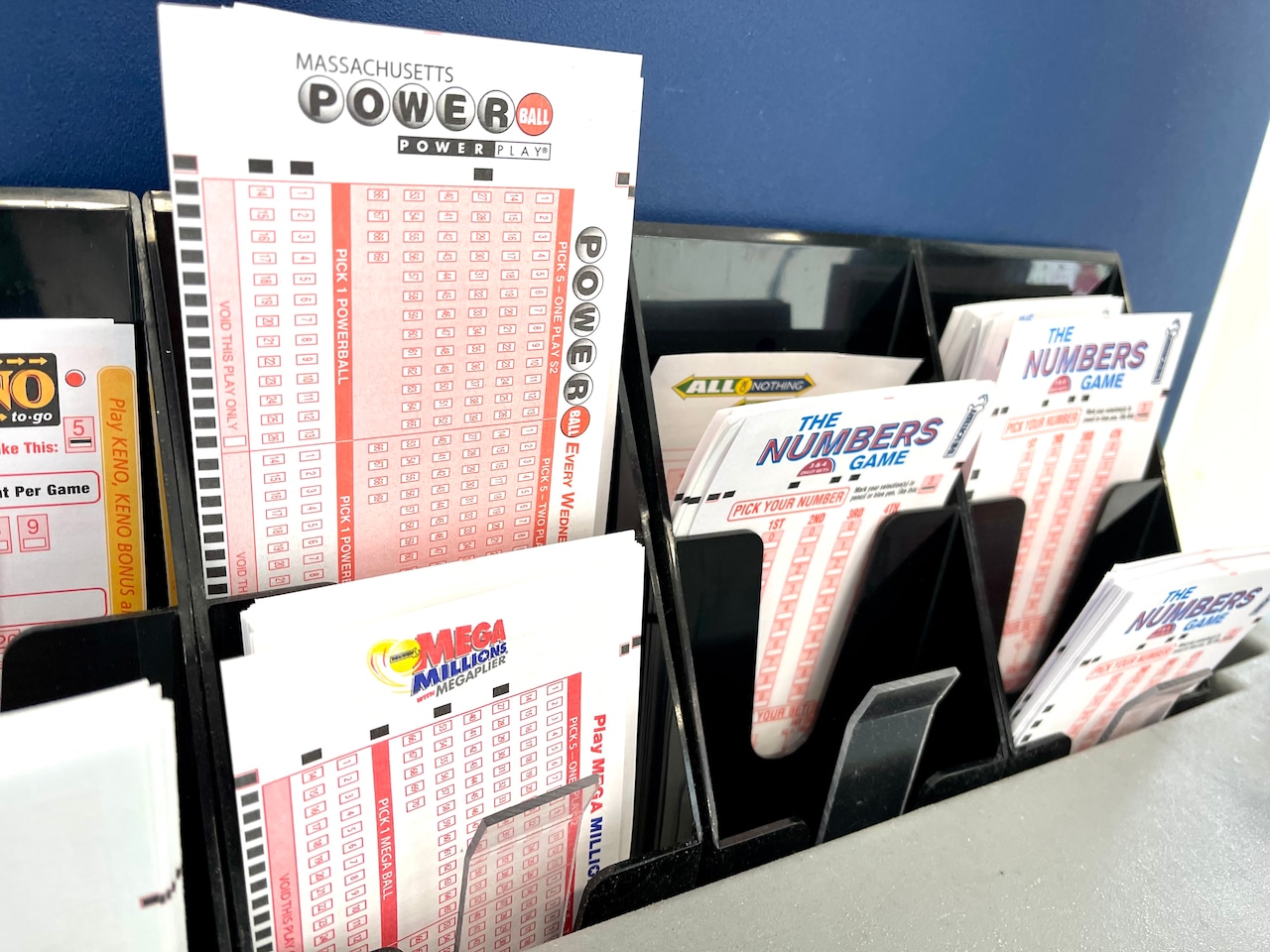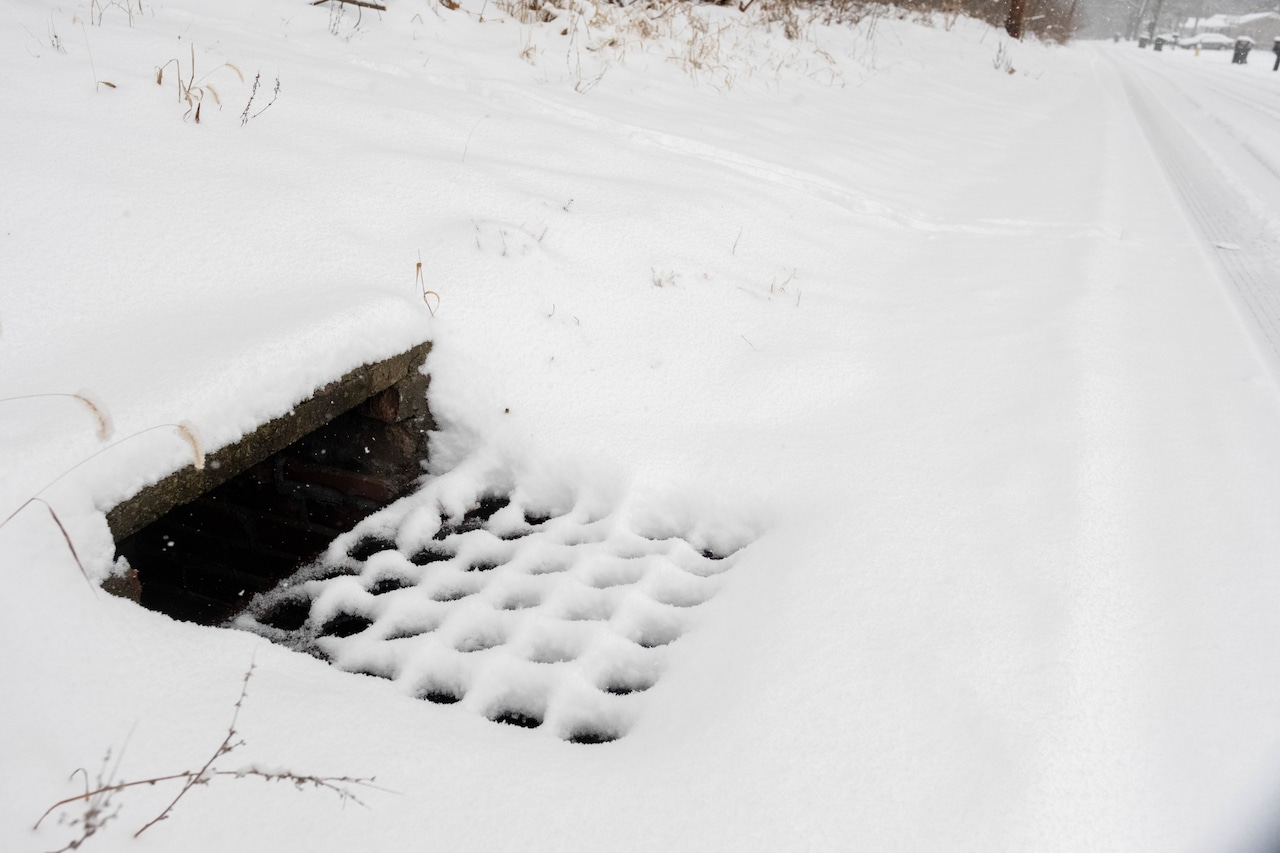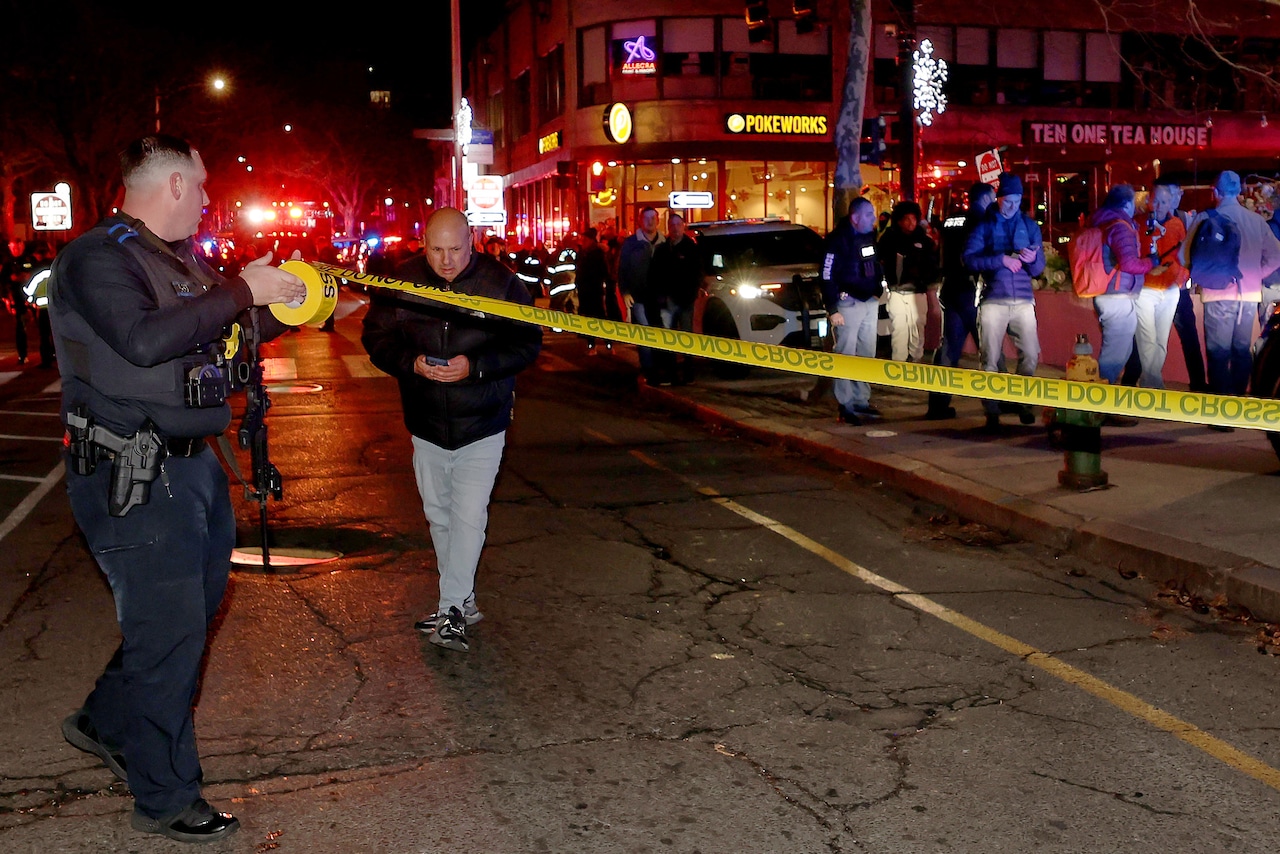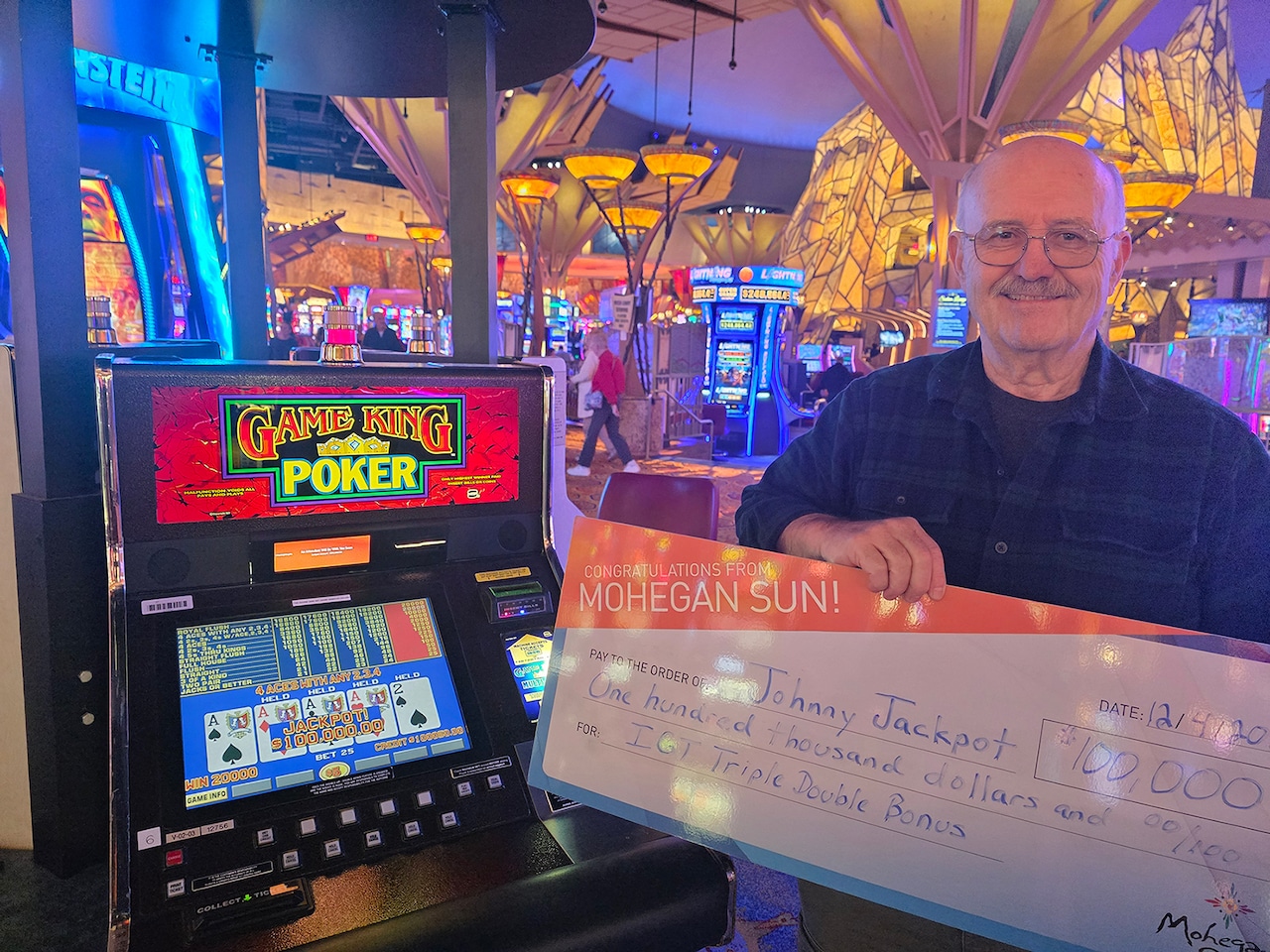
Organ donations from deceased donors reached record levels in New England last year and led to more than 1,400 life-saving transplants, according to the regional nonprofit responsible for the recovery of organs and tissues for transplant.
New England Donor Services also reported Wednesday that it coordinated the recovery of donated tissues from more than 1,700 donors, in addition to the 549 deceased donors who donated organs last year.
Tissues donated through NEDS are used in upwards of 60,000 tissue transplants each year, and those donations include cornea, bone, skin, heart valves and other tissues that were used in medical procedures that can transform the lives of recipients.
News of the donation figures came with commentary from a Stamford, Connecticut woman who received a kidney transplant and a heart transplant on the same day last year.
“The organ donations I received saved my life,” said Phyllis Wilkerson. “I am beyond grateful to the donor and their family for thinking of others even as they grieved the loss of a loved one.”
Deceased donor organ donations and transplants rose for the third straight year, and the 61 organ donors that NEDS coordinated in May 2023 resulted in 160 life-saving transplants and were the most ever recovered and transplanted in a single month in New England.
“The consecutive years of high performance demonstrate why our nation’s system of donation and transplantation is considered the best in the world,” said Alexandra Glazier, president of New England Donor Services, which has a staff of more than 300 employees.
NEDS said it has increased the annual number of organ donors by 52 percent since 2020, and its record level of clinical activity last year placed the group among the nation’s top four organ procurement organizations by volume.
NEDS coordinates organ and tissue donation in Connecticut, Maine, Massachusetts, New Hampshire, Rhode Island, the eastern counties of Vermont and Bermuda. Its staff screen referrals for potential donations from more than 200 hospitals, and lead all donor authorization discussions with families.
The organization was co-founded in 1968 by Dr. Joseph Murray, who was born in Milford, attended the College of the Holy Cross and Harvard Medical School, and developed an interest in interest in tissue and organ transplantation while serving in the military.
At the former Peter Bent Brigham Hospital in Boston, Murray in 1954 performed the first successful human kidney transplant on identical twins Richard and Ronald Herrick.
“My only wish would be to have ten more lives to live on this planet,” Murray wrote in 1990 when he received the Nobel Prize in Physiology or Medicine. “If that were possible, I’d spend one lifetime each in embryology, genetics, physics, astronomy and geology. The other lifetimes would be as a pianist, backwoodsman, tennis player, or writer for the National Geographic.”
One person can save up to eight lives as an organ donor and heal 75 people as a tissue donor, according to NEDS, which says New England residents can register as donors on their driver’s license, through the Apple iPhone health app or on the national Donate Life Donor Registry.






